In the previous two articles, the VOV-Mekong Delta reporter team highlighted the initial achievements as well as the difficulties in the implementation process. From there, it was affirmed that the Project on Sustainable Development of 1 million hectares of high-quality rice cultivation is extremely meaningful to farmers in the Mekong Delta, to the rice industry and to the task of responding to climate change... This is an extremely meaningful Project for farmers in the Mekong Delta to develop sustainable production, towards the goal of safety from natural disasters, reducing greenhouse gas emissions, bringing net emissions to "0" in accordance with Vietnam's commitment at the COP26 Conference.
In the final article of the series “Restructuring the rice industry to step firmly into the new era” , the VOV-DBSCL reporter team will highlight the determination of the Government, ministries, and localities to strive to carry out the “Revolution for rice in the Delta in the new era”.
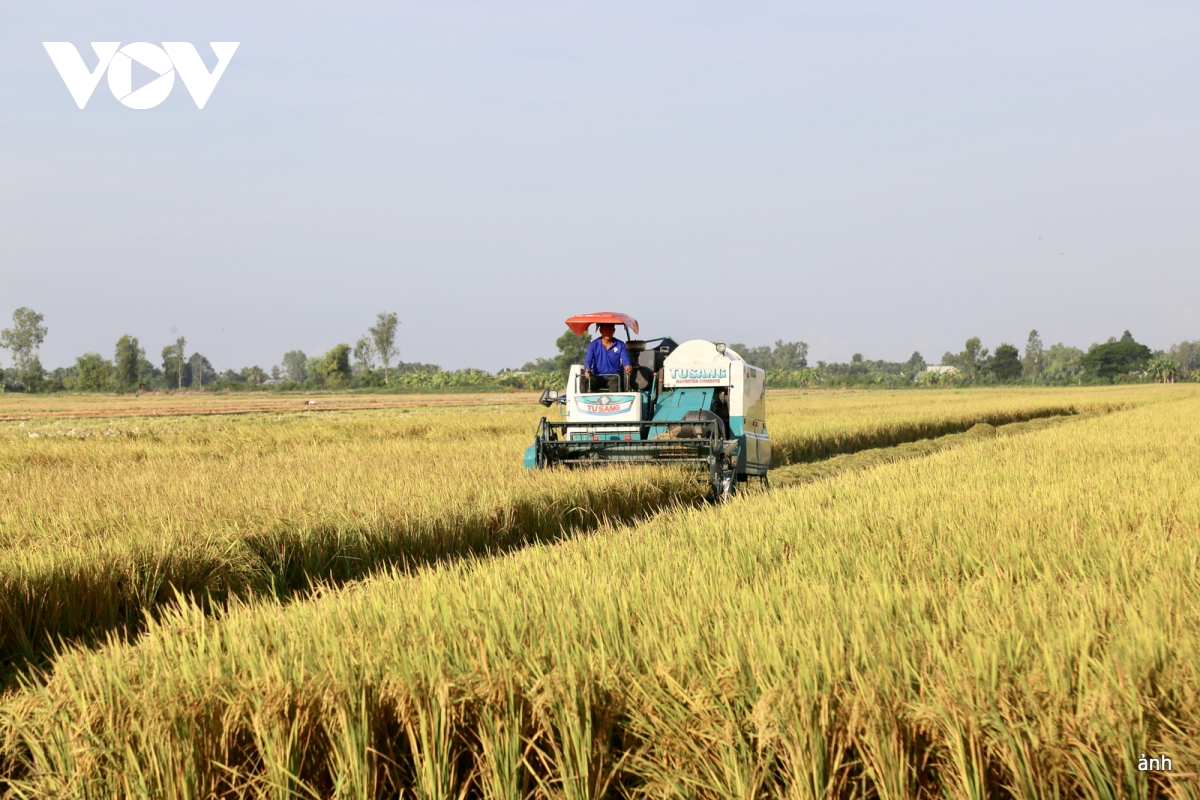
The Mekong Delta has many advantages for agricultural development, especially rice and seafood. Rice production in this region not only plays an essential role in ensuring national food security and social stability, but is also an important source of income for tens of millions of Vietnamese farming households. Thereby promoting exports, contributing to ensuring global food security, enhancing Vietnam's position and prestige in the international arena.
After nearly a year of implementing the Project of 1 million hectares of high-quality rice cultivation, the Ministry of Agriculture and Rural Development and localities in the region have shown their determination; tried to overcome difficulties, build infrastructure, promote growth; built pilot models to then replicate throughout the region.
“The first thing is to change the whole process, the whole form, the whole approach to our rice bank. This is a start from what we said we would reduce emissions for the rice growing industry in the whole Red River Delta, the whole Central region, the Southeast region and the localities here. Now the localities are also starting to do it, although they do not have capital, but they do it their way, then from reducing emissions in the rice industry to reducing emissions in the crop growing industry and reducing emissions in the livestock industry, reducing emissions in the aquaculture industry”, Minister of Agriculture and Rural Development Le Minh Hoan stated.
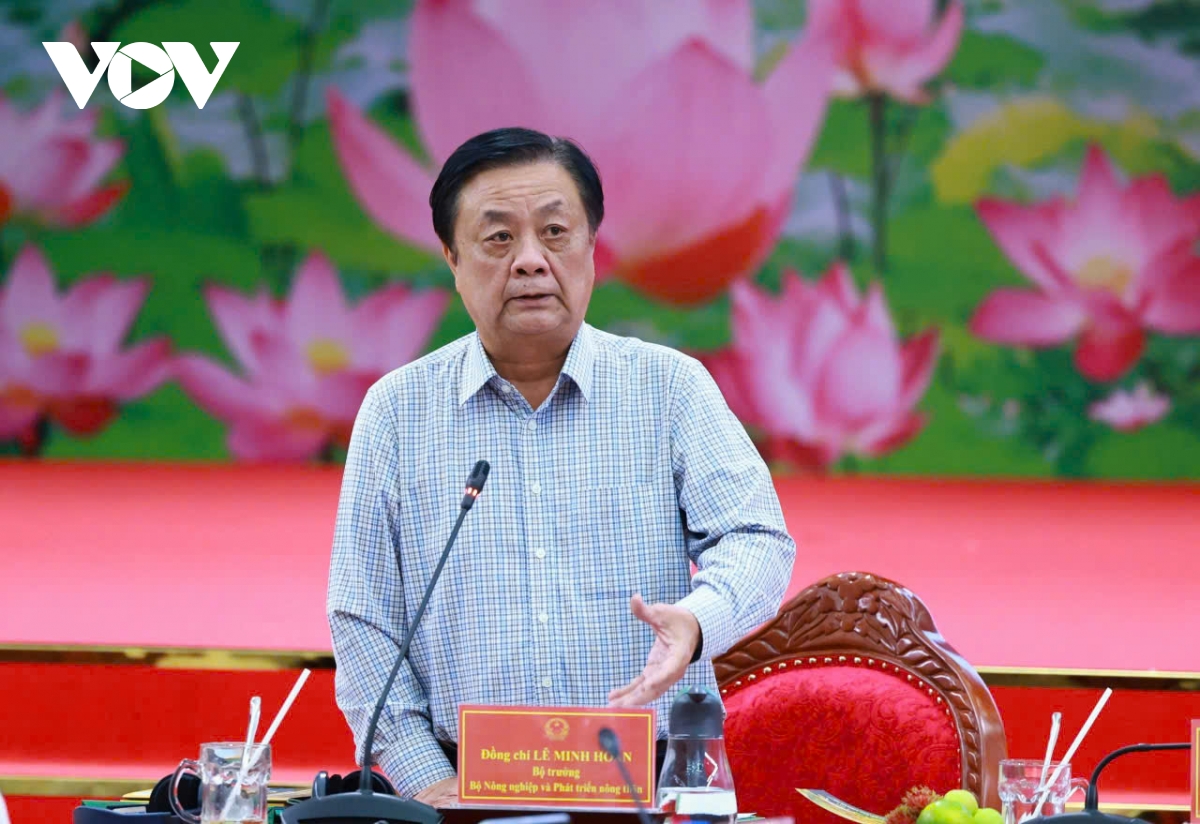
At the Conference on the implementation of the Project "Sustainable development of one million hectares of high-quality, low-emission rice cultivation associated with green growth in the Mekong Delta by 2030" held recently in Can Tho, Prime Minister Pham Minh Chinh praised the efforts of localities in the region; at the same time, he directed to focus on accelerating and making further breakthroughs to achieve the goal of one million hectares of high-quality, low-emission rice as soon as possible, thereby achieving about 14 - 15 million tons of rice, 9 - 10 million tons of high-quality rice. This goal must be achieved by 2030 at the latest and efforts must be made to achieve it sooner.
Regarding capital, the Prime Minister also directed the banking sector to continue implementing the credit packages that are being implemented and to research to implement in 2025 a credit package with a scale of about 30,000 billion VND for the Project; at the same time, provide loans to businesses to buy materials, seeds, and produce and do business.
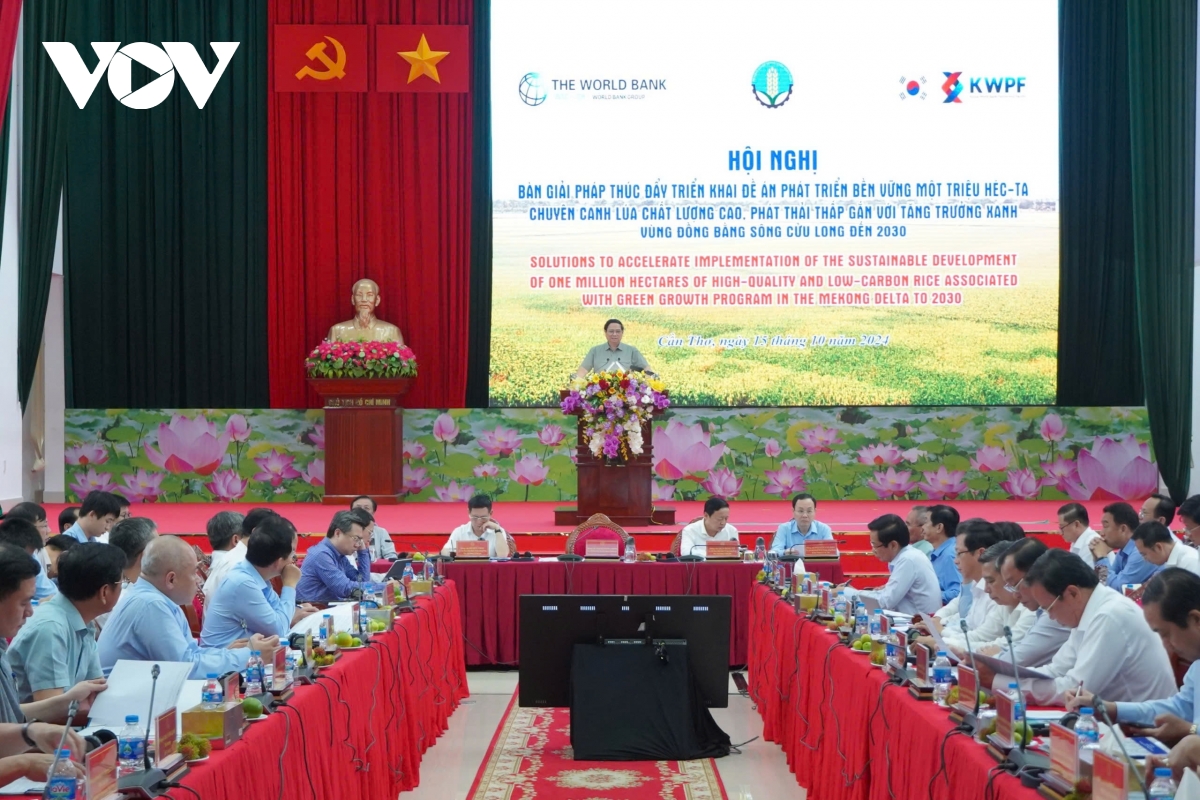
Regarding this issue, Mr. Dao Minh Tu, Deputy Governor of the State Bank of Vietnam, said that the State Bank and the banking industry are committed to continuing to accompany and actively coordinate with relevant agencies to promote the implementation of the lending program in particular and the implementation of the project under Decision 1490 in general:
“Firstly, the interest rate must be lower in all loan terms, the components participating in the bond must be at least 1% lower than the current lending interest rate of the same subject. Second, the loan term depends on the needs, according to the needs, suitable for the borrower's borrowing needs. And thirdly, all the support mechanisms to facilitate the issue of mortgage or credit, we have a very favorable mechanism, there are loans up to 3 billion that do not require mortgage, these are very preferential policies for this program", Deputy Governor of the State Bank of Vietnam Dao Minh Tu informed.
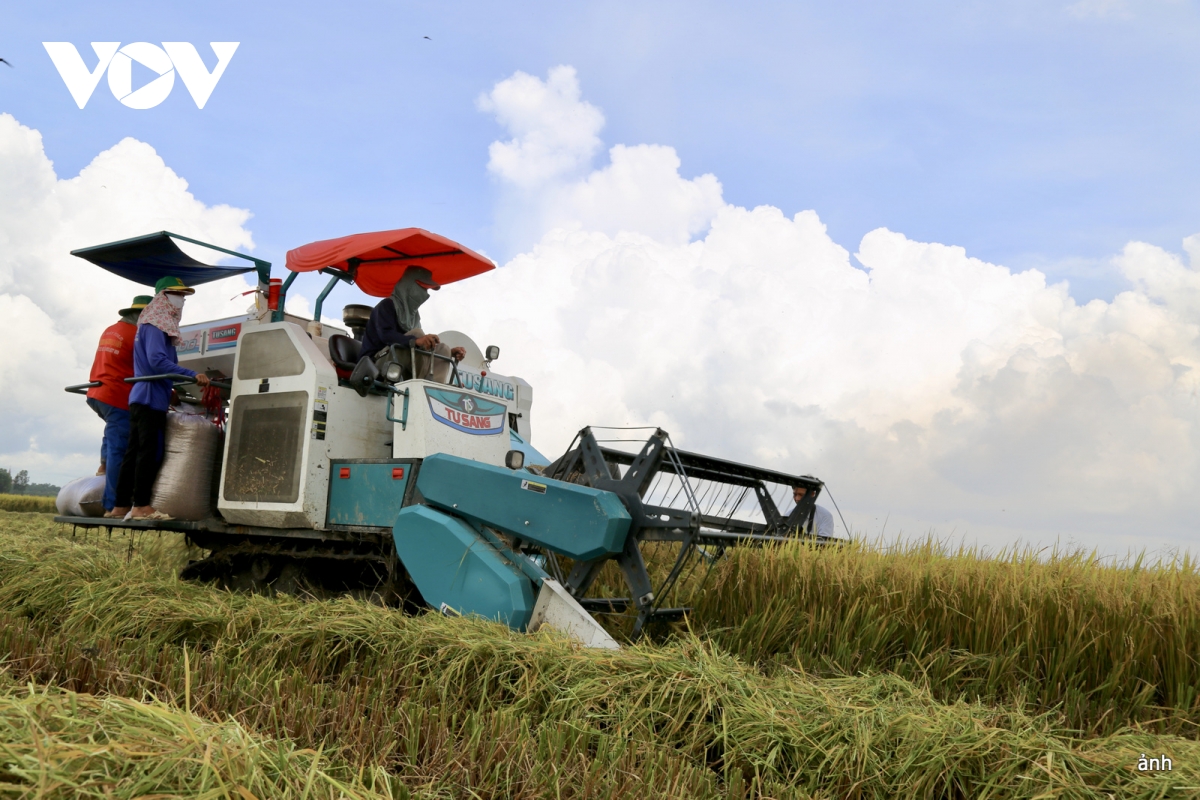
Regarding resource mobilization to implement the 1 million hectare rice project, since the end of 2023, the Ministry of Agriculture and Rural Development has developed a project proposal "Supporting infrastructure and techniques for high-quality and low-emission rice in the Mekong Delta" with a loan from the World Bank (WB) worth 430 million USD. However, through working with the Ministry of Finance and the Ministry of Planning and Investment, the Ministry of Agriculture and Rural Development will have to change its approach from "Project" to "Public investment program to support infrastructure and techniques for high-quality and low-emission rice in the Mekong Delta" using preferential loans, as stipulated in Clause 5, Clause 9, Article 4 of the Law on Public Investment (amended), expected to be approved by the National Assembly in the next session.
The leaders of the Ministry of Agriculture and Rural Development proposed that the Prime Minister agree in principle to complete the dossier for piloting specific policies for the Public Investment Program "Supporting infrastructure and techniques for high-quality and low-emission rice in the Mekong Delta" using preferential loans from the World Bank, estimated at about 330 million USD. After that, the Ministry of Agriculture and Rural Development reported to the Government to submit to the National Assembly for promulgation of a Resolution at the nearest session. In the process of completing the dossier and promulgating the National Assembly's Resolution on piloting specific policies, the Ministry of Agriculture and Rural Development will coordinate with the People's Committees of provinces, cities, and donors to prepare and complete the necessary documents to ensure that this Public Investment Program can be implemented from 2026.
In response to these recommendations, from the proposal of the Ministry of Agriculture and Rural Development, Prime Minister Pham Minh Chinh directed the establishment of a fund to support 1 million hectares of rice. This includes state capital, capital from selling carbon credits, support capital from partners, socialized capital... The purpose of establishing the fund is to have a source of capital for quick use, without having to go through many procedures.
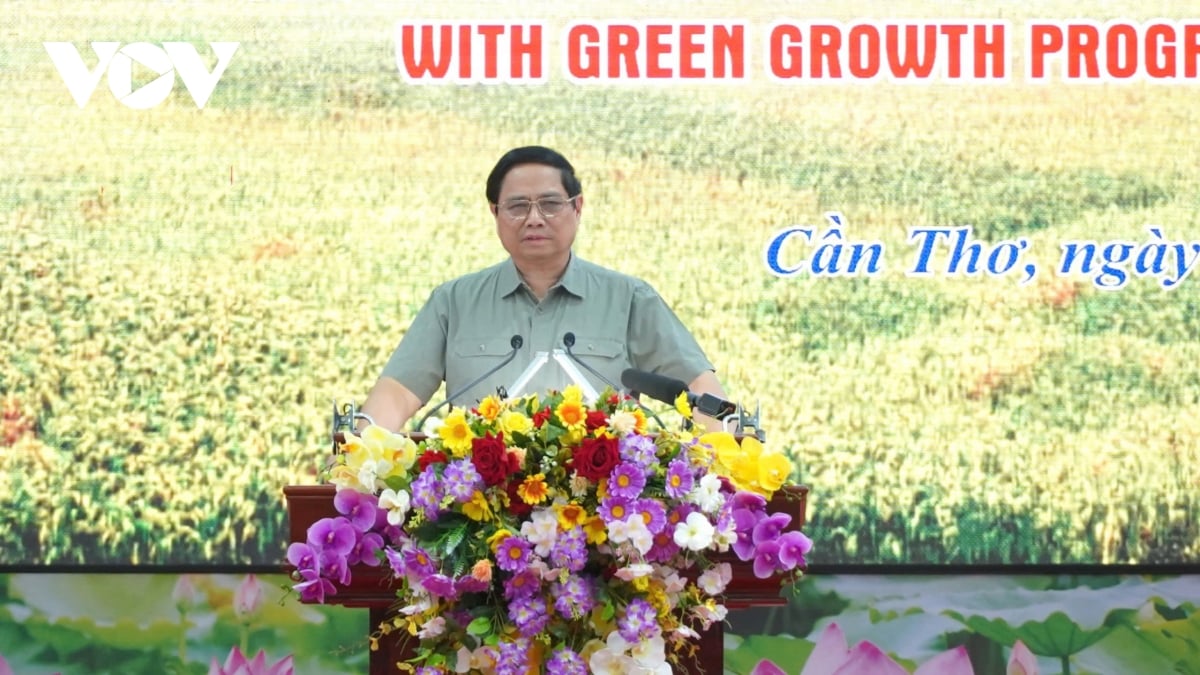
At the Project Implementation Conference in Can Tho chaired by the Government, Deputy Prime Minister Ho Duc Phoc said he would direct the Ministry of Finance to establish a Fund to support 1 million hectares of rice, to have an immediate budget for 2025.
“In the project content, we focus on investing in infrastructure, irrigation, transport infrastructure, we have to consider landslide prevention, consider the problem of drought safety, how is the reservoir, what is the level, how is the road, how is it not flooded, how is it saltwater... The second issue is to focus on increasing labor productivity and building a brand, to do that we must apply science and technology. The third is to train agricultural extension techniques to ensure sustainable development, and maybe research to establish a fund for 1 million hectares of rice, the money from selling Carbon credits to support farmers and focus on investing in cooperative projects", Deputy Prime Minister Ho Duc Phoc emphasized.
The World Bank highly appreciated the 1 million hectare rice project in Vietnam with three main goals: increasing income for rice growers, enhancing the competitiveness of the rice value chain and contributing to solving the challenges of climate change in Vietnam and the world.
Mr. Li Guo, Senior Agricultural Economist, World Bank said, World Bank has committed credit resources to Vietnam to implement the project.
“In fact, to be able to benefit from the 40 million USD in carbon credits, this pilot project will have to prove that it has fulfilled its commitment to reducing emissions. Currently, the World Bank is working with the Ministry of Agriculture and the International Rice Research Institute (IRRI) to develop a measurement method, which means having tools and methods to measure MRV emissions reduction and tools to collect measurement data to prove it,” said Mr. Li Guo, World Bank.
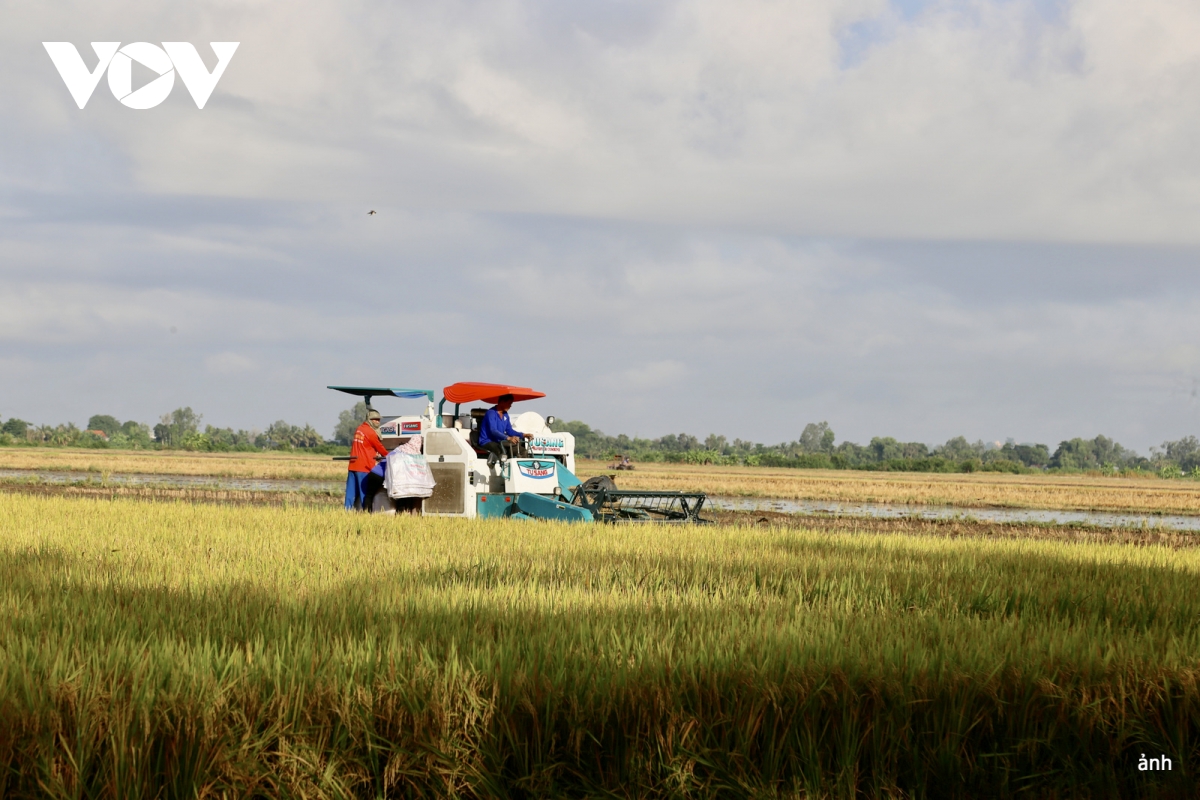
“We must love rice plants as we love ourselves, as what we love most in our lives, thereby creating a revolution for rice plants and the Mekong Delta” . From this guiding spirit, Prime Minister Pham Minh Chinh agreed with the proposal to establish a Steering Committee to implement the Project, headed by Deputy Prime Minister Tran Hong Ha, with the spirit of only discussing and doing, not backtracking, saying is doing, committing to doing, doing, doing must have specific, measurable results.
Prime Minister Pham Minh Chinh pointed out that the world's food security situation is always under threat. Through that, we can see the value and importance of the Mekong Delta region.
With the Project of 1 million hectares of high-quality, low-emission specialized rice in the Mekong Delta in the coming time, the Prime Minister also raised 5 orientational issues and 11 specific tasks and solutions. The Prime Minister emphasized the need to "breathe life" into rice plants, breathe new life into the rice industry with digital technology, green development, circular economic development, sharing economy, knowledge economy, application of science and technology, and innovation. Thereby, contributing to ensuring food security, ensuring income for tens of millions of farming households, contributing to promoting exports, contributing to ensuring global food security.
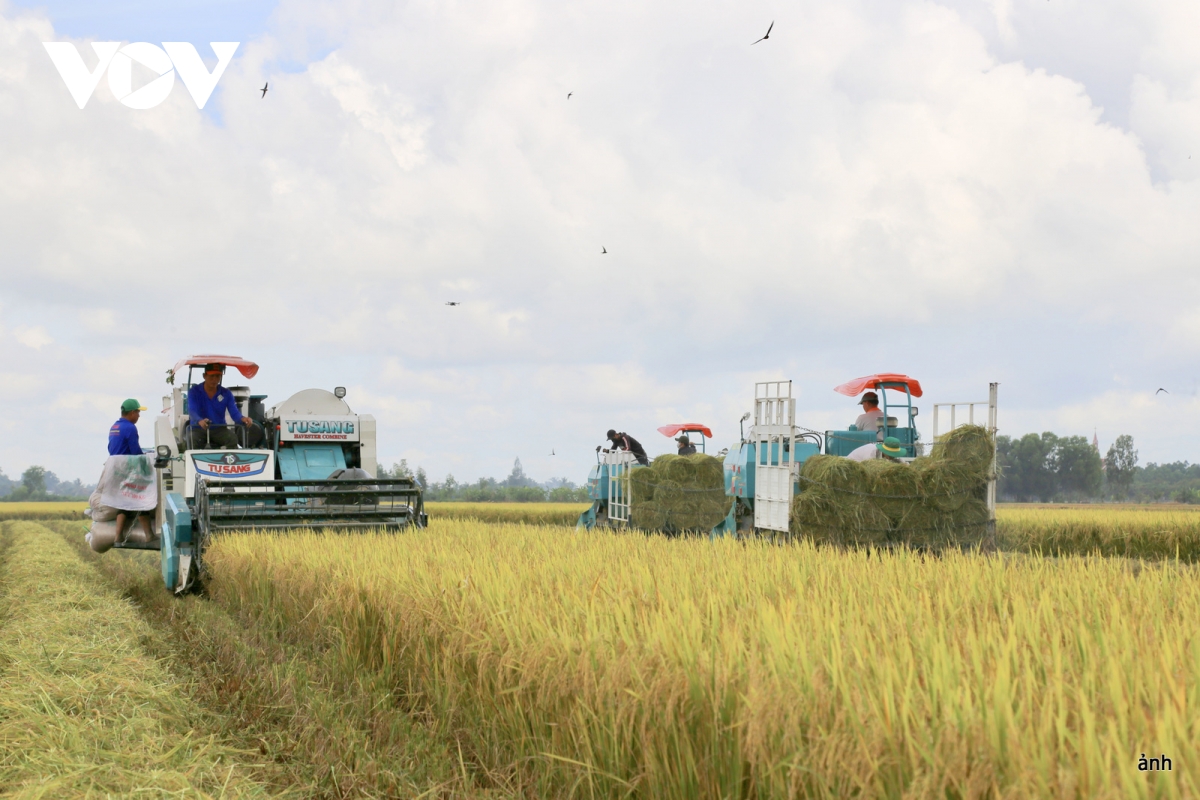
The series of 3 articles "Restructuring the rice industry to step firmly into the new era" by the VOV-Mekong Delta reporter team clearly analyzed the Government's new determination in gradually modernizing the country's rice production industry; creating a breakthrough shift in agricultural thinking in the "Nine Dragons" land that is facing the impact of rapid and unpredictable climate change; contributing to improving the income and life of rice farmers and businesses.
The project "Sustainable development of one million hectares of high-quality and low-emission rice cultivation associated with green growth in the Mekong Delta by 2030" is a "breath of fresh air", continuing to affirm that Vietnam is a responsible country in ensuring global food security and reducing greenhouse gas emissions, realizing the goal of achieving net zero emissions by 2050.
>>Article 1: 1 million hectare project: Positive signals from the rice granary of the Western region
>> Article 2: Removing bottlenecks, improving the rice value chain
Same series: Restructuring the rice industry to step firmly into the new era
Lesson 1 - 1 million hectare project: Positive signals from the rice granary of the Western region
Lesson 2 - Removing bottlenecks - Enhancing the rice value chain
Lesson 3 - Revolution for Delta rice in the new era
Source: https://vov.vn/kinh-te/cuoc-cach-mang-cho-cay-lua-dbscl-trong-ky-nguyen-moi-post1131725.vov


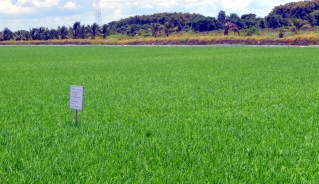

![[Photo] Prime Minister Pham Minh Chinh chairs meeting to remove difficulties for projects](https://vstatic.vietnam.vn/vietnam/resource/IMAGE/2025/3/30/7d354a396d4e4699adc2ccc0d44fbd4f)



![[Photo] Ministry of Defense sees off relief forces to the airport to Myanmar for mission](https://vstatic.vietnam.vn/vietnam/resource/IMAGE/2025/3/30/245629fab9d644fd909ecd67f1749123)


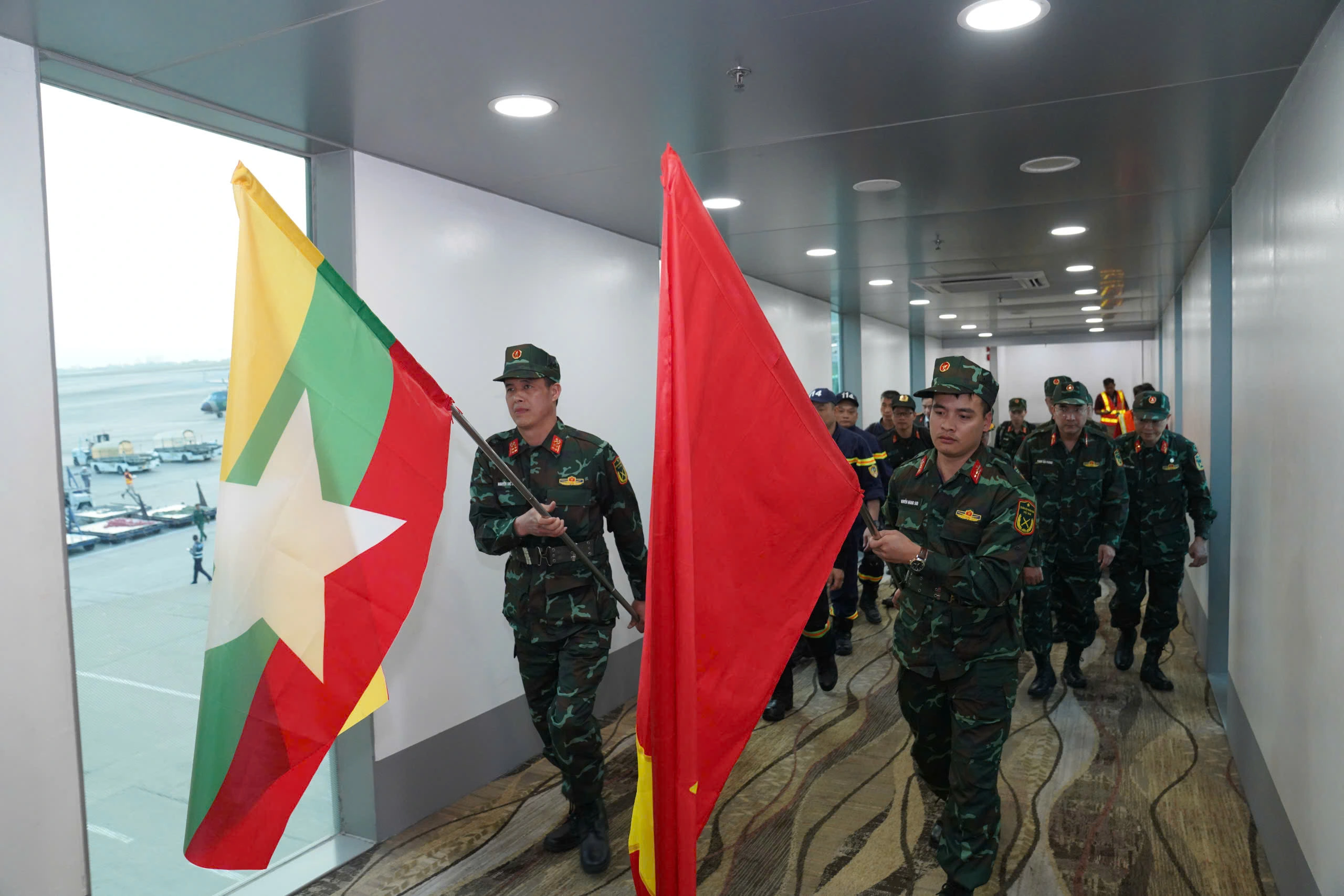



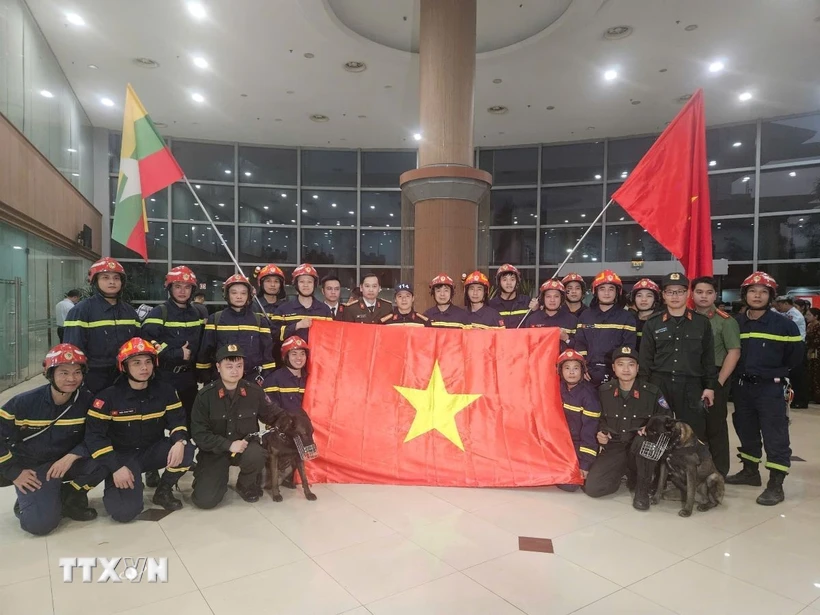

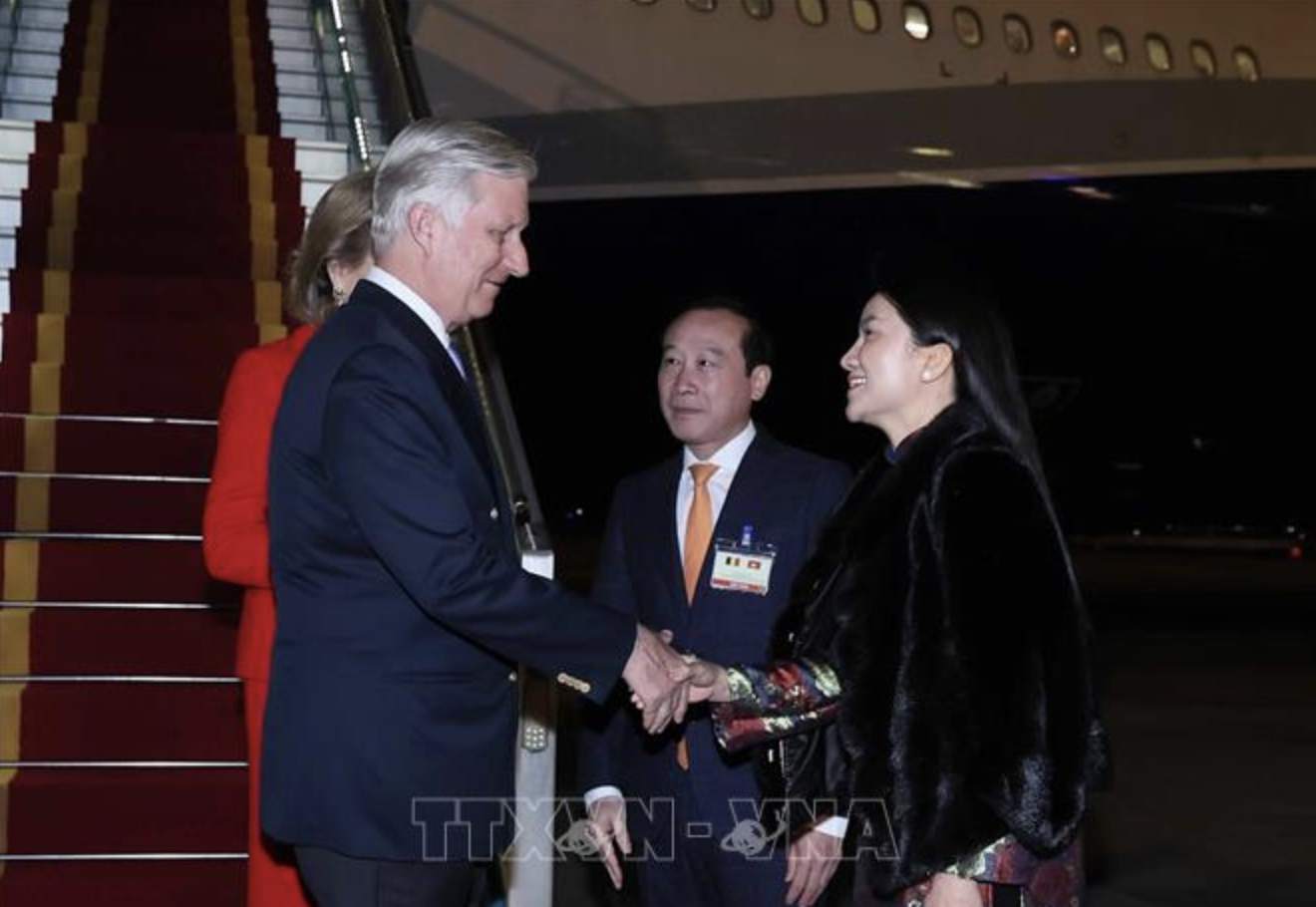

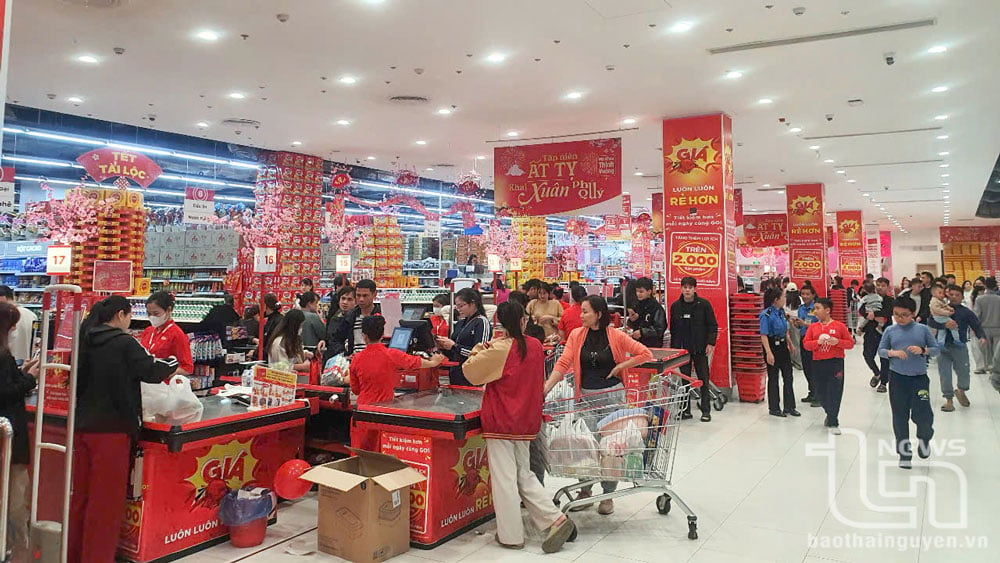

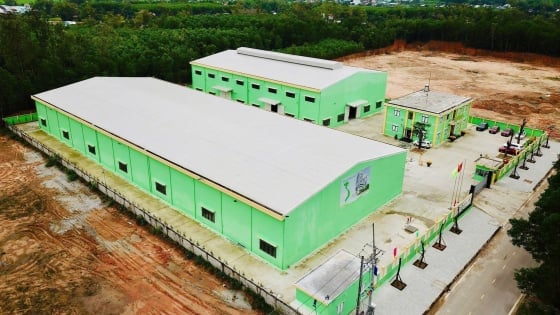

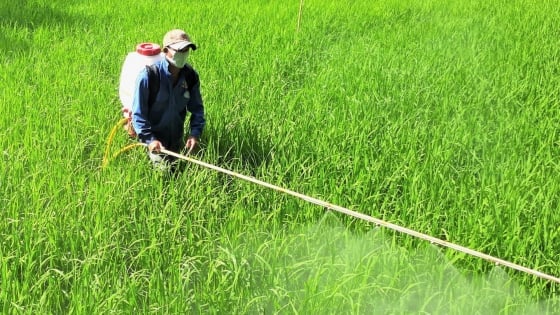
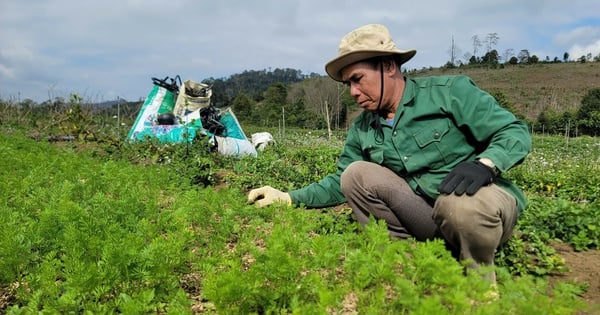
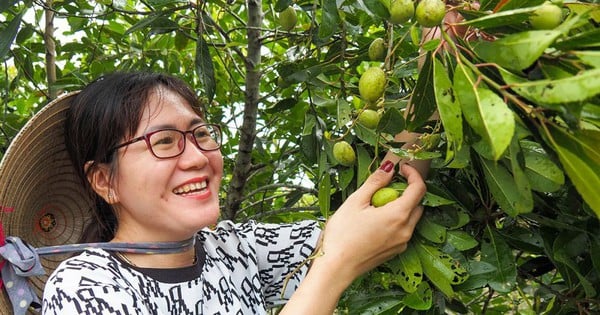
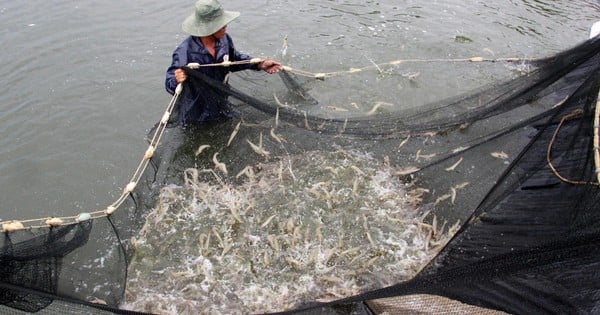


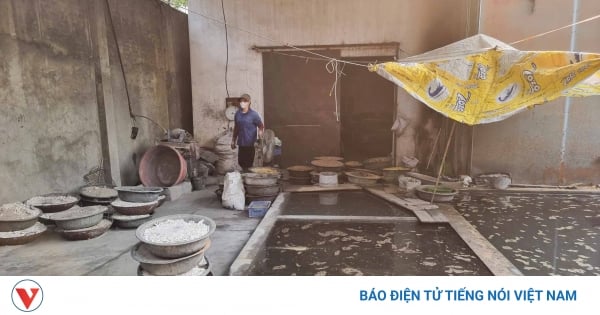
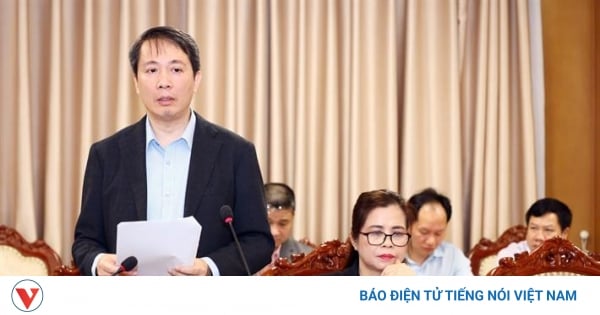
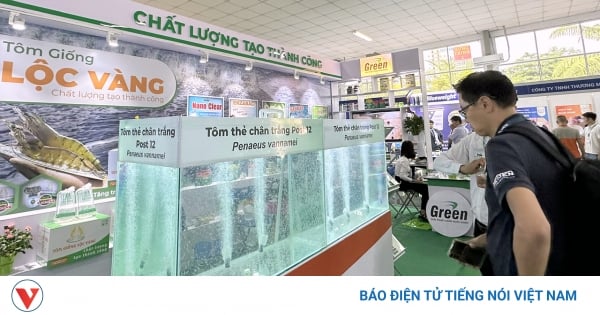
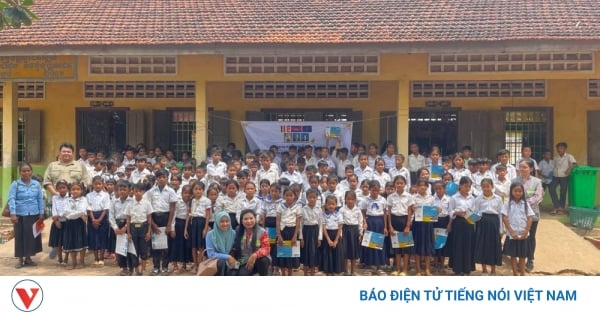
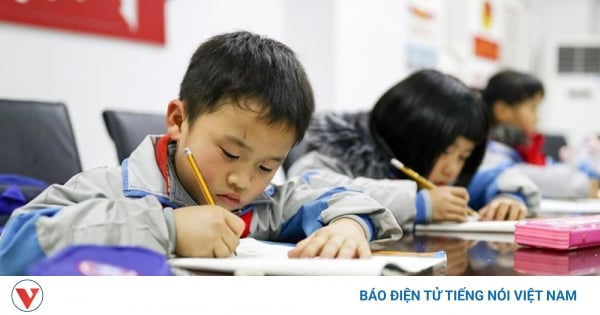
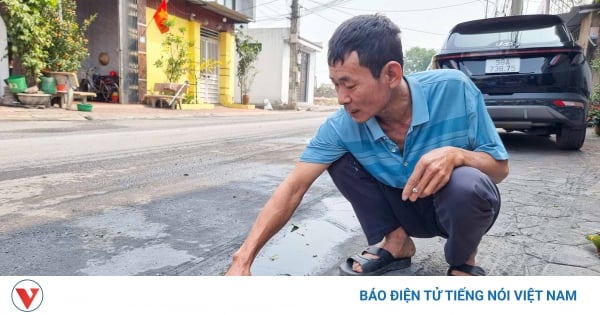
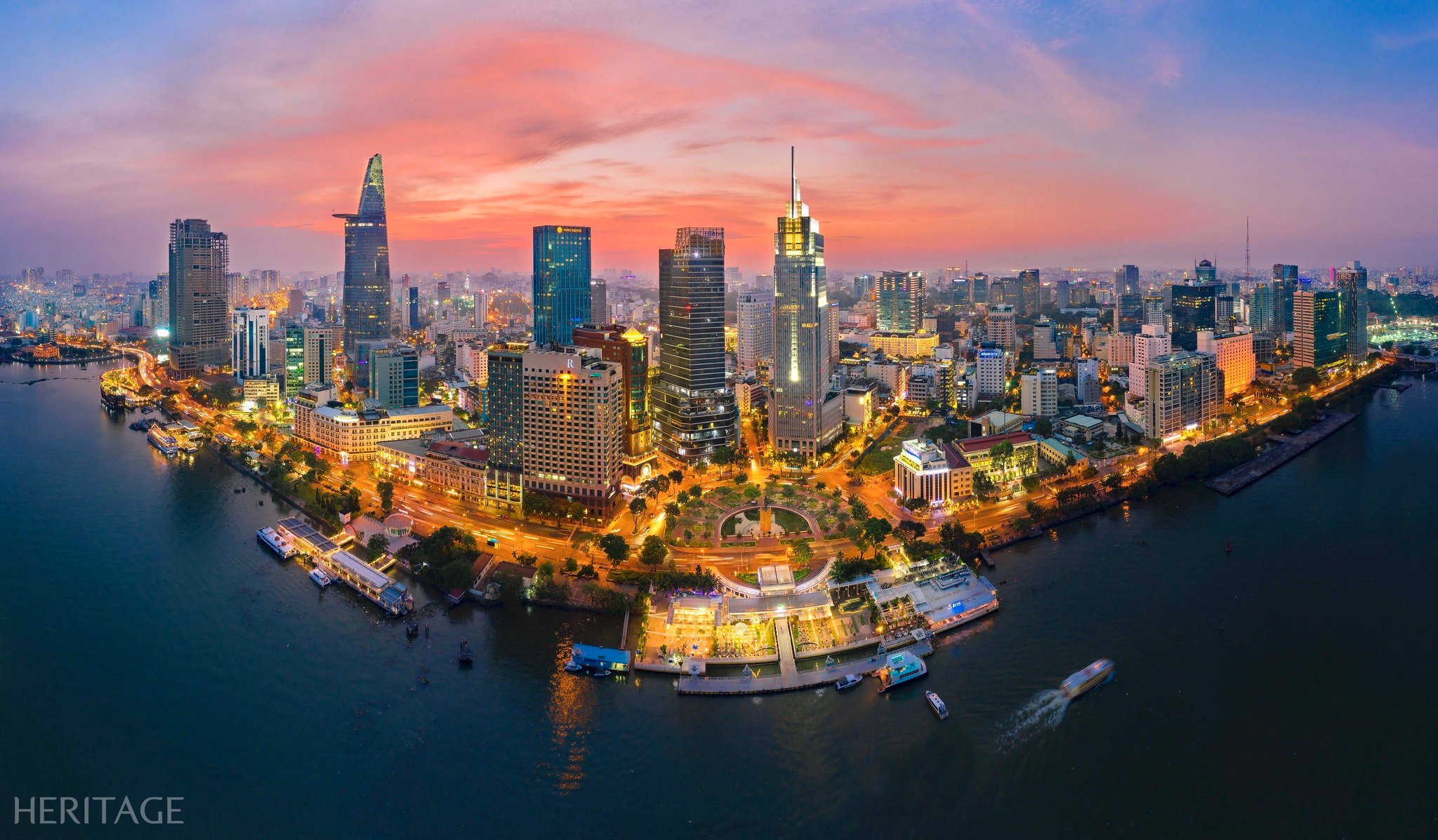
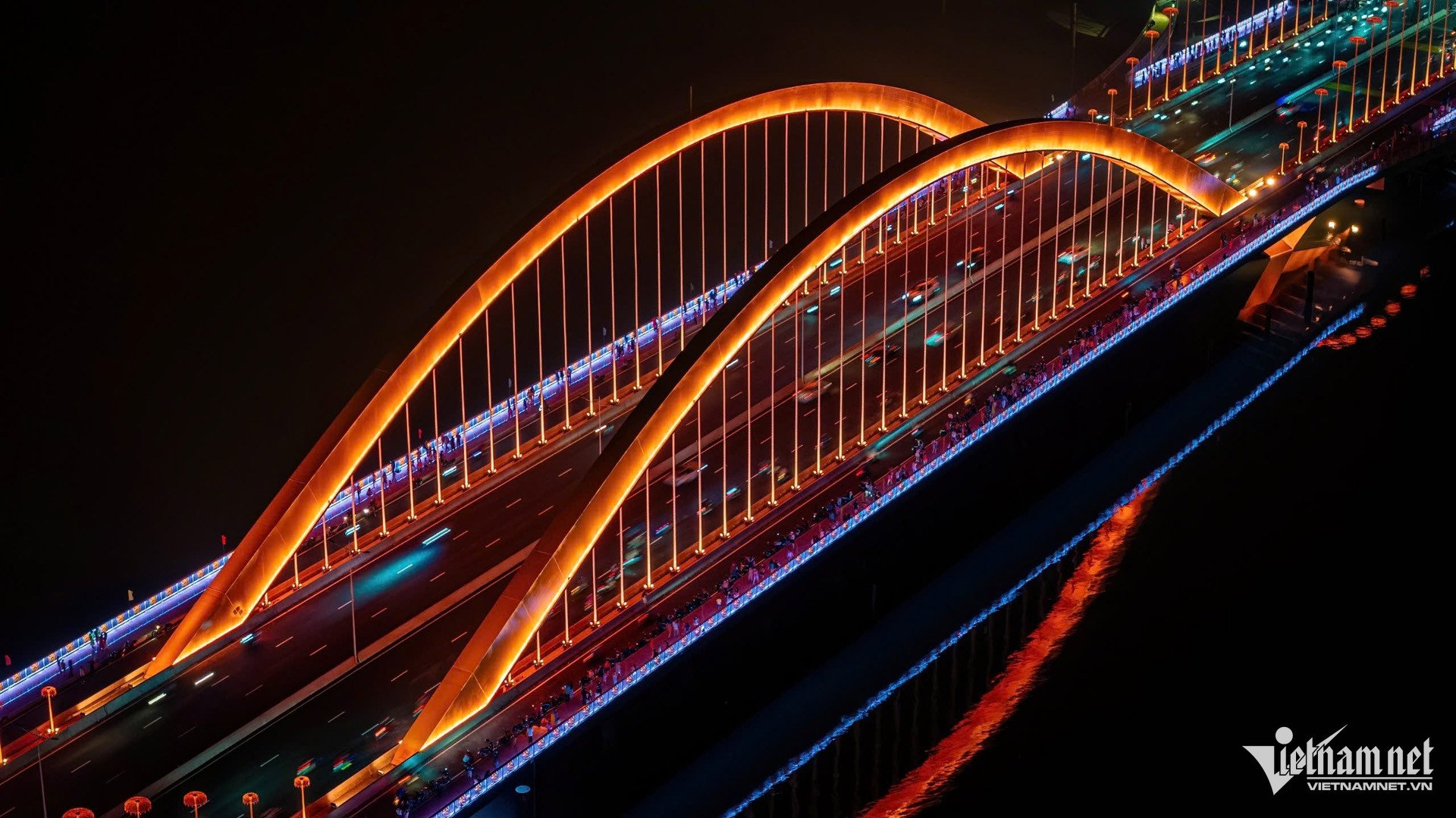
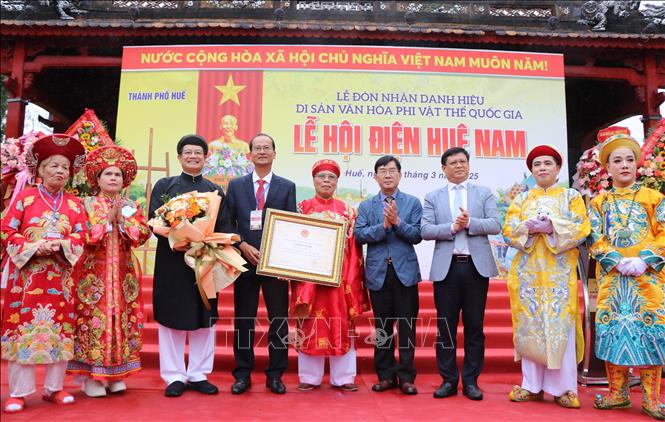
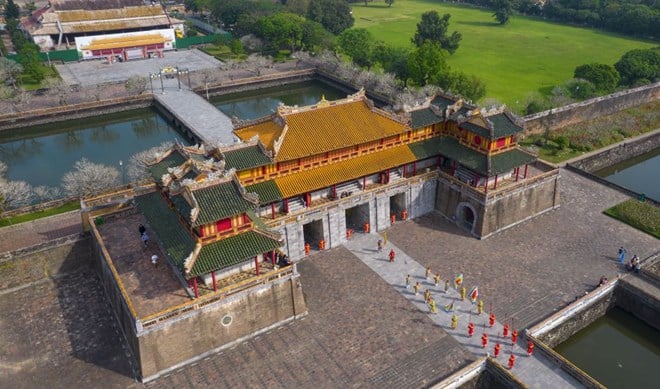












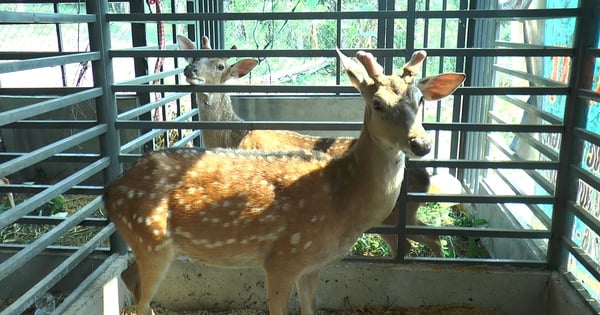

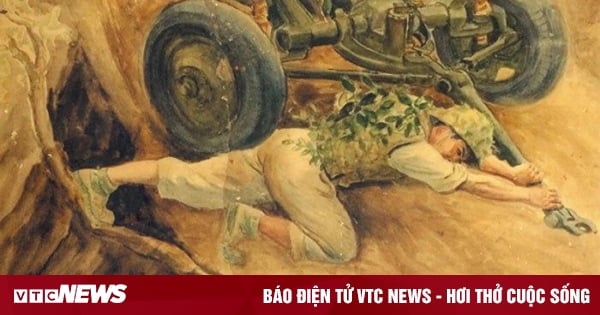

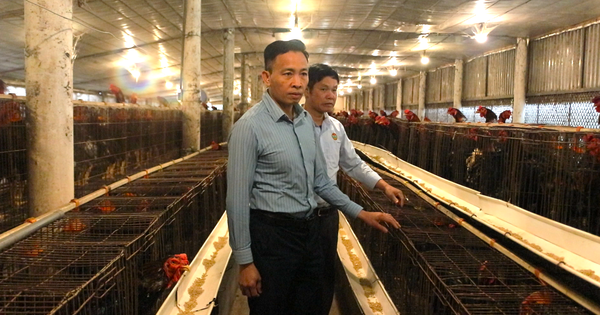









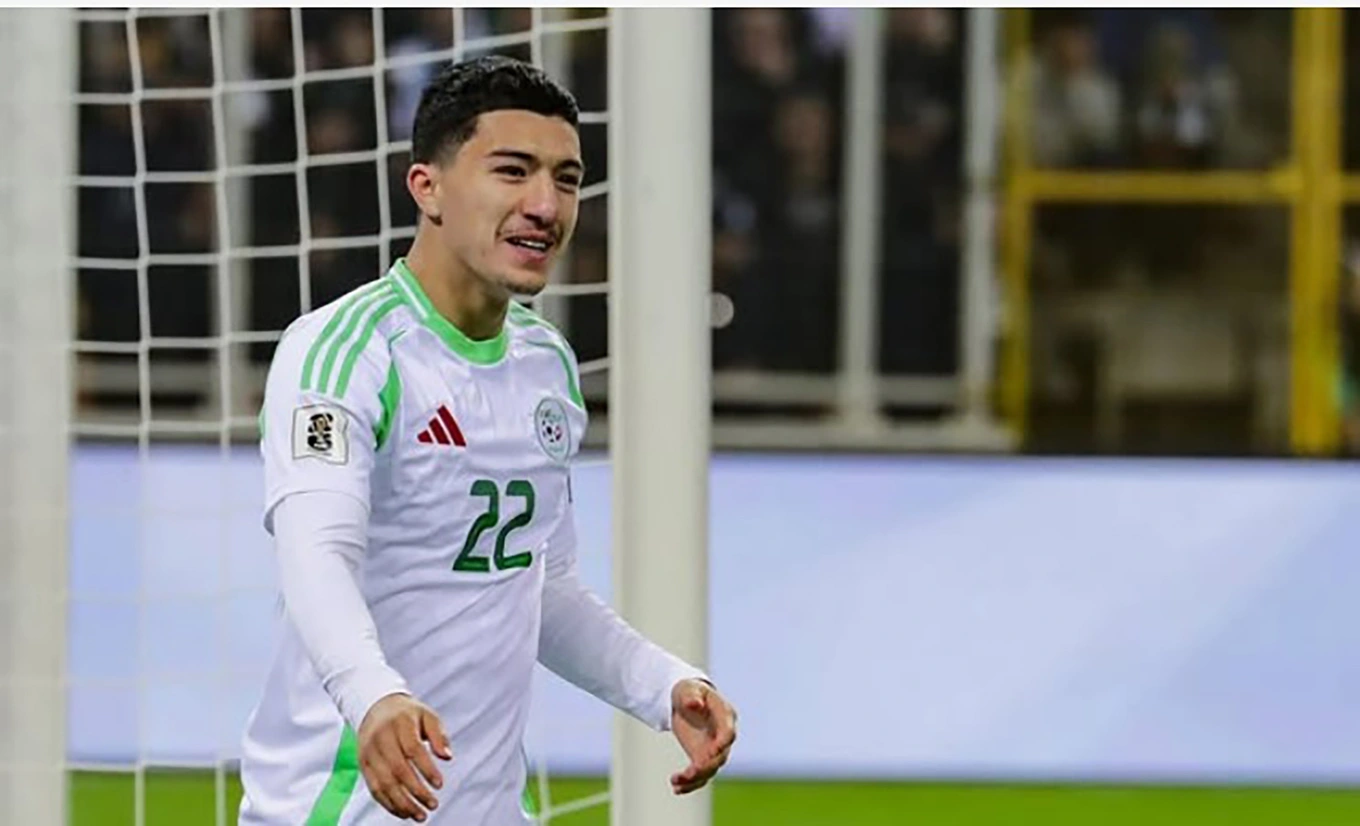

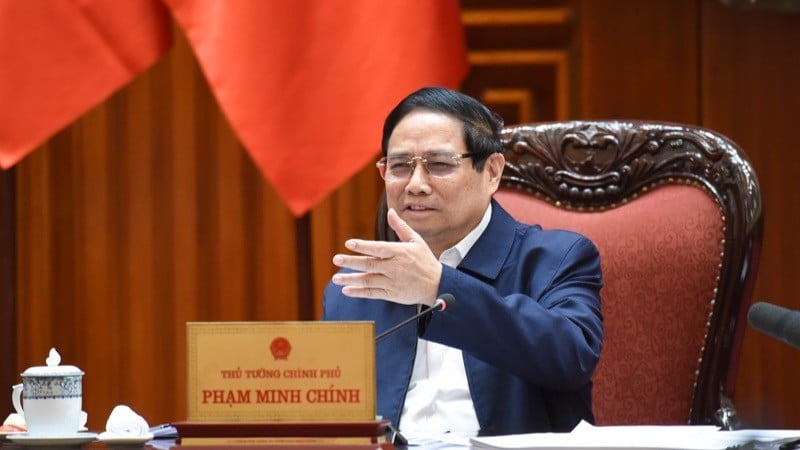

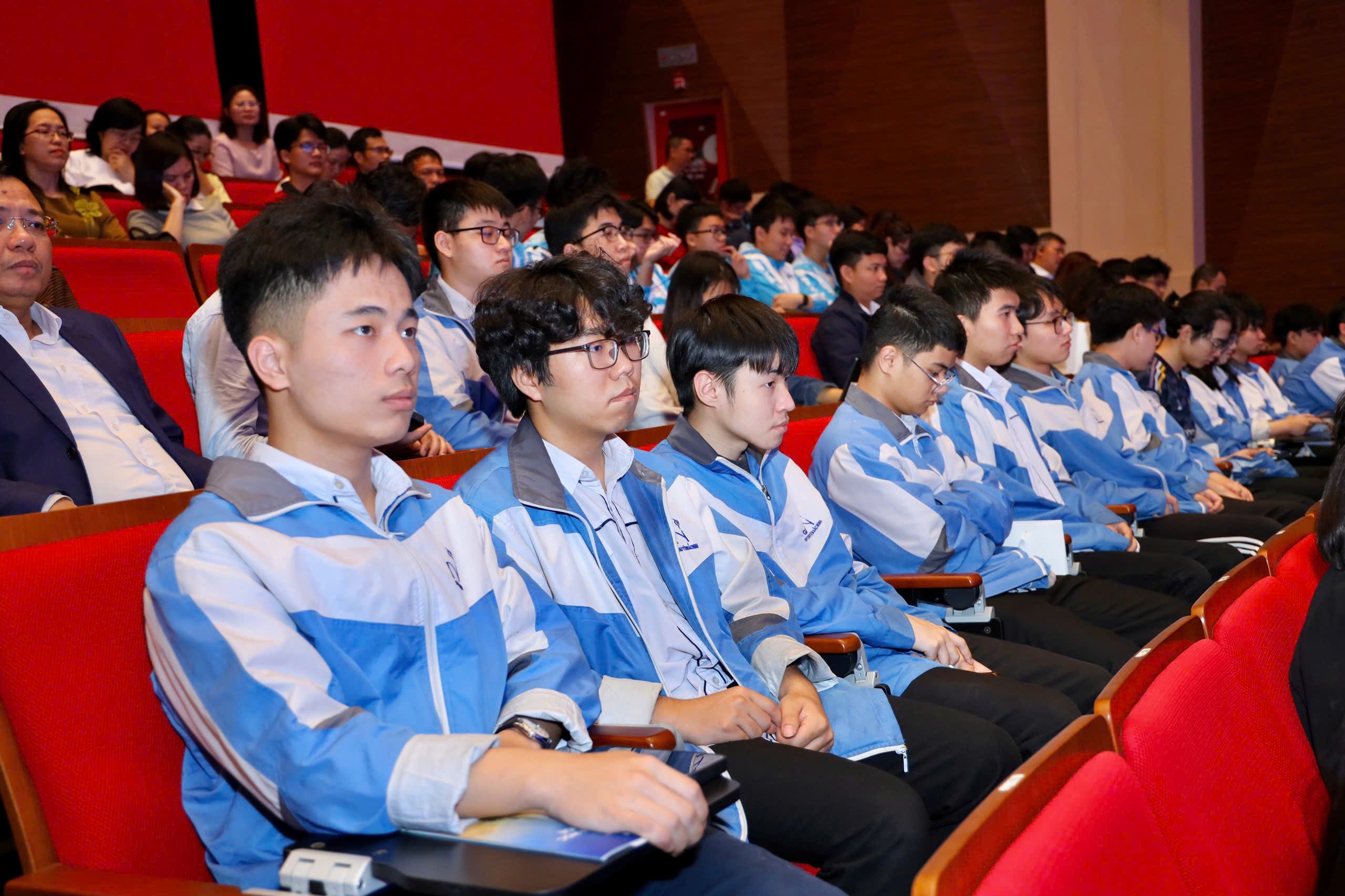

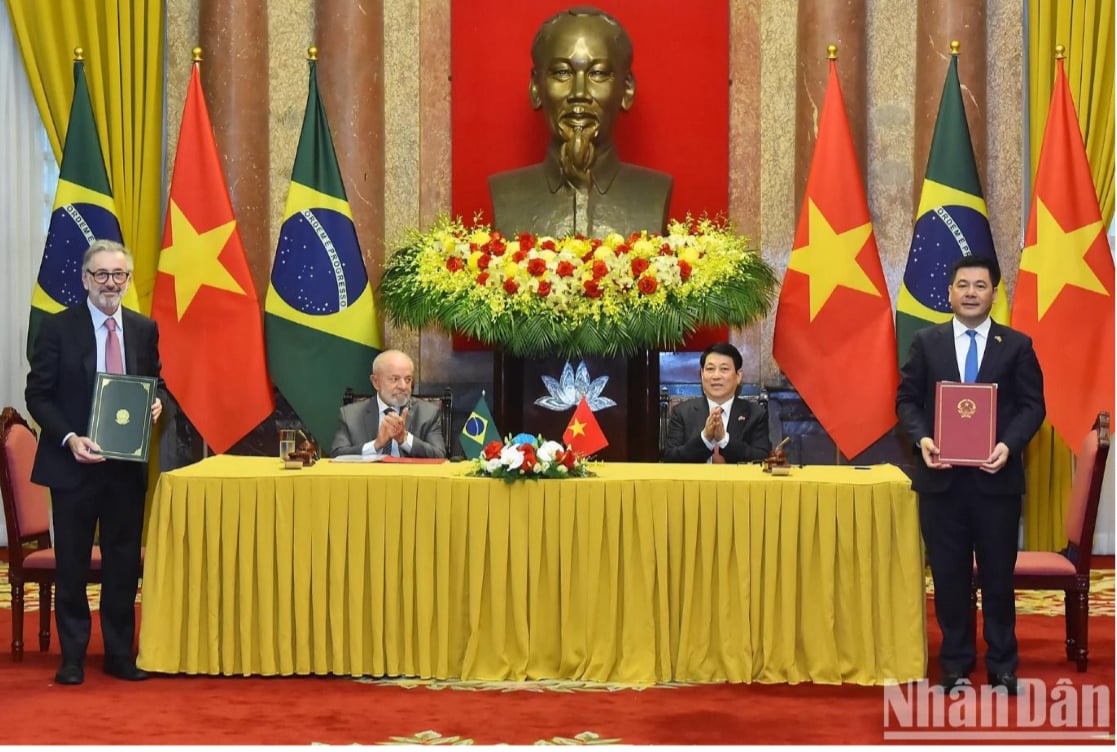

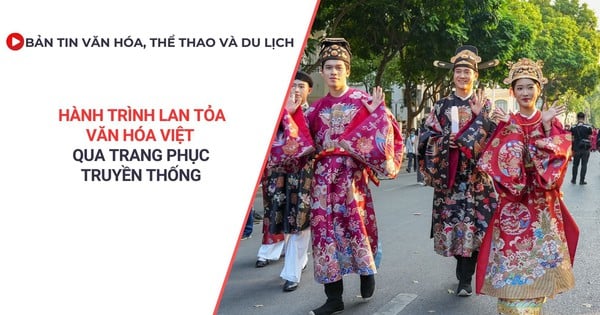

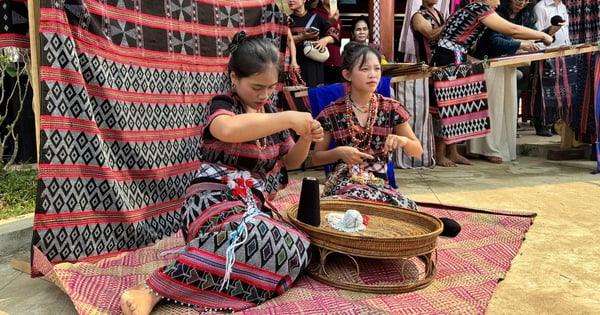
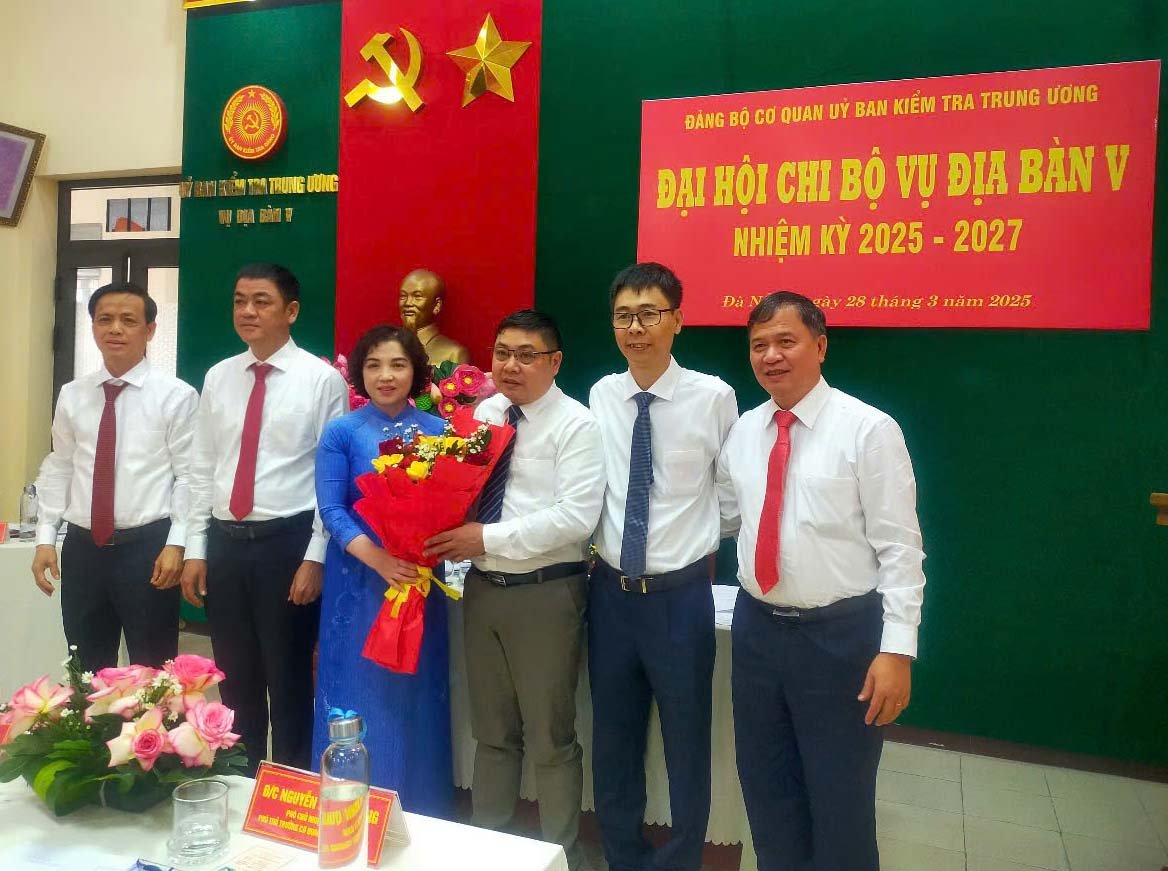

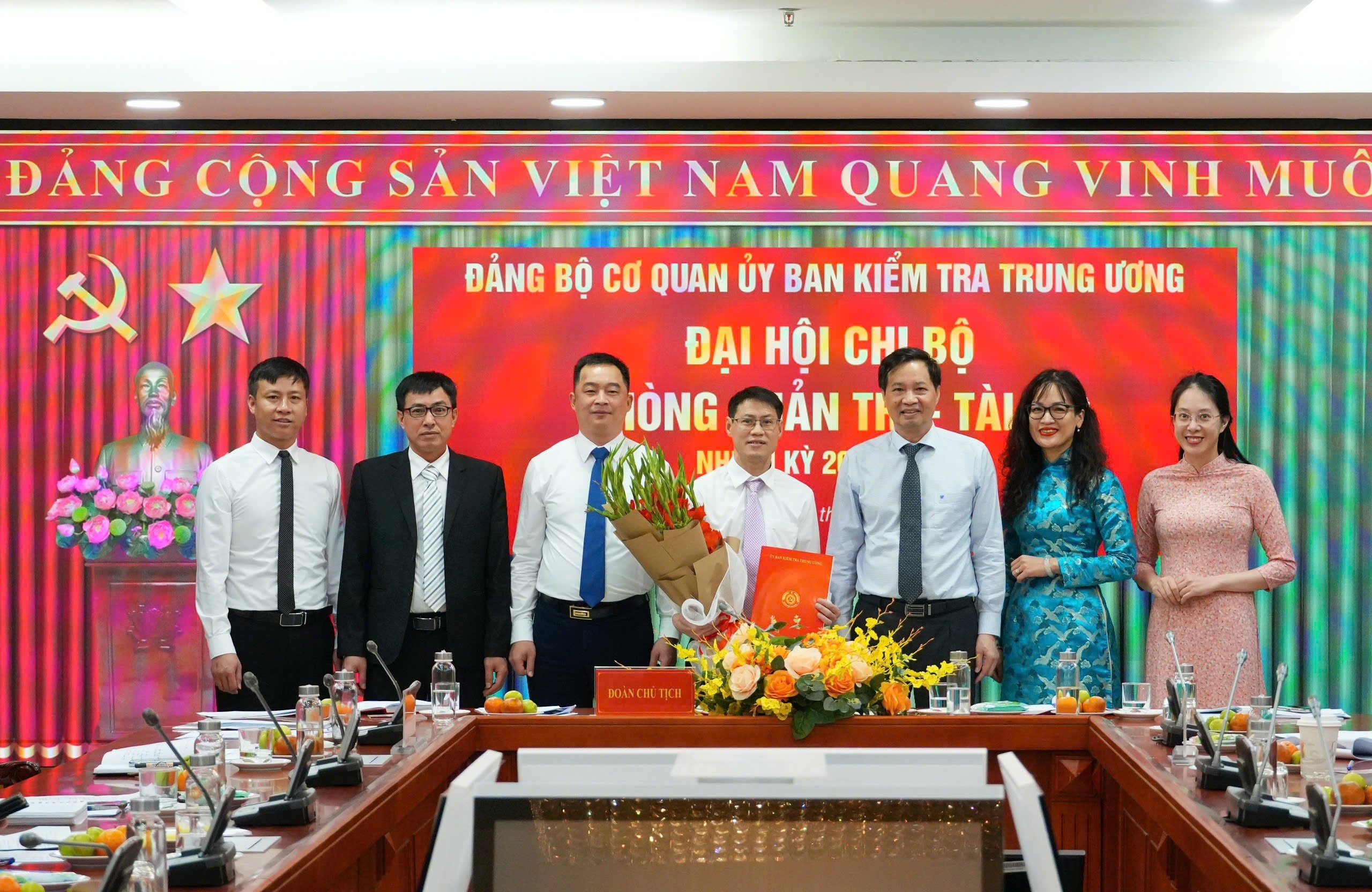
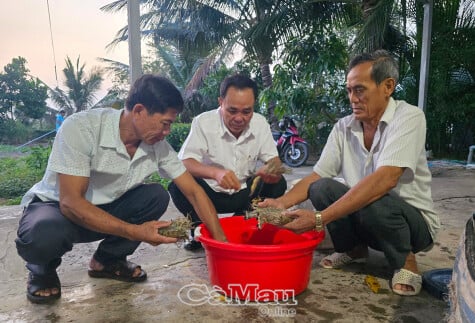
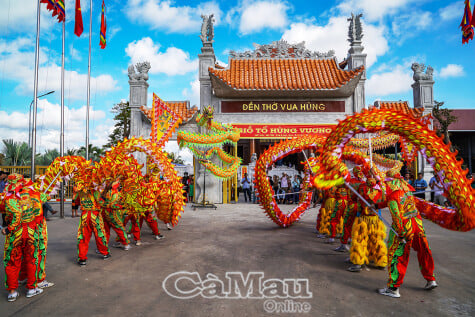
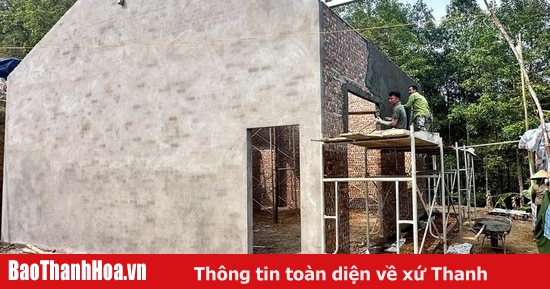


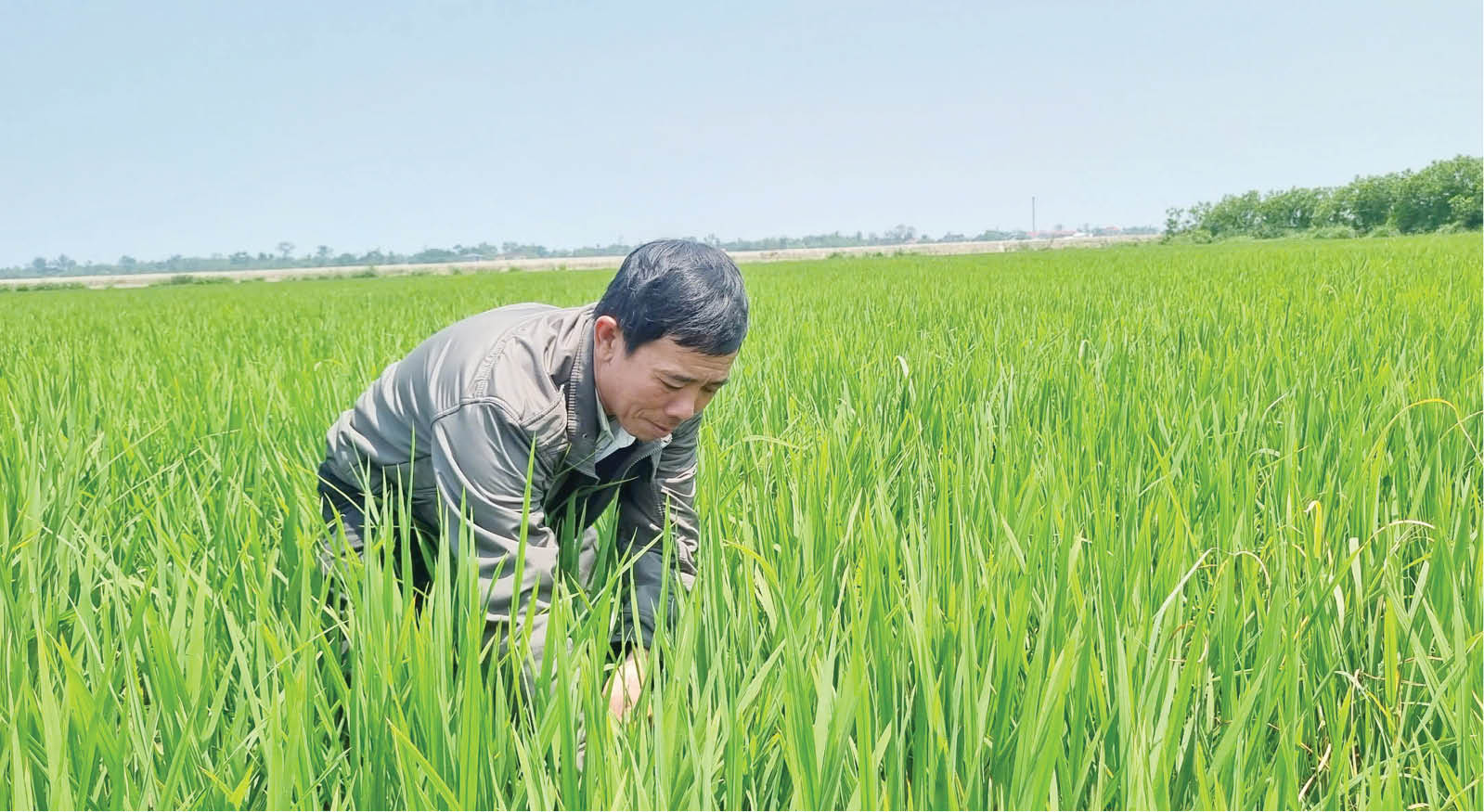




![[REVIEW OCOP] An Lanh Huong Vet Yen Cat](https://vstatic.vietnam.vn/vietnam/resource/IMAGE/2025/3/27/c25032328e9a47be9991d5be7c0cad8c)




Comment (0)